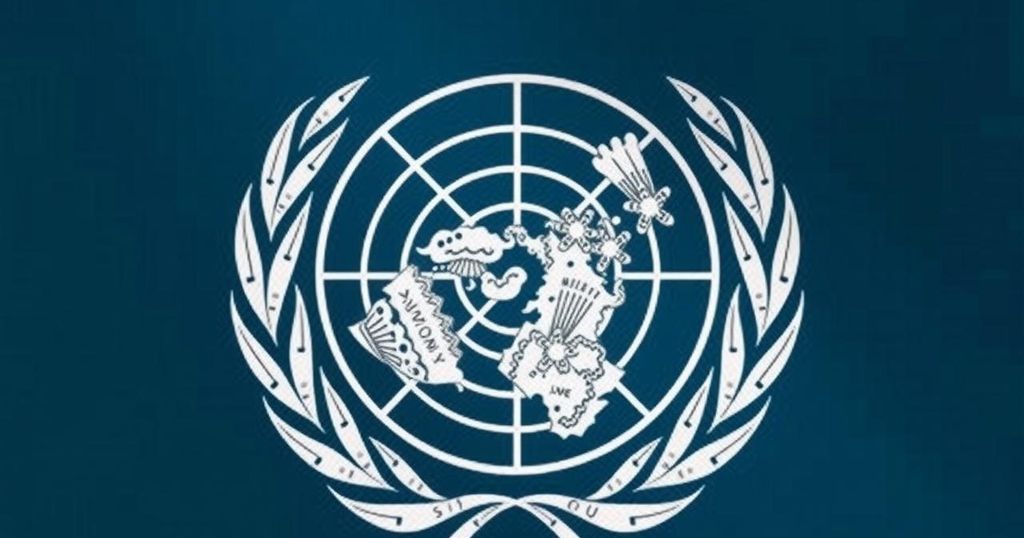Argentina’s UN Vote on Cuba Sparks Ministerial Dismissal and Political Turmoil

Diana Mondino was dismissed as Argentina’s foreign minister after supporting a UN resolution to lift the U.S. embargo on Cuba, contradicting President Javier Milei’s opposition to such measures. In her stead, Gerardo Werthein has been appointed. The political climate is tense, indicated by a nationwide transportation strike as unions rally against Milei’s governance. Milei challenges traditional diplomacy in favor of pro-freedom ideologies and evaluates foreign ministry appointments for alignment.
In a recent turn of events, Argentina’s foreign minister, Diana Mondino, was dismissed following a contentious vote at the United Nations concerning the U.S. economic embargo on Cuba. The Argentine delegation voted in favor of a resolution advocating for the end of the embargo, a decision that provoked President Javier Milei, who has expressed staunch opposition to the lifting of such sanctions. This vote, while reflective of Argentina’s historically favorable relations with Cuba, contradicted Milei’s firm stance, despite the resolution passing overwhelmingly at the UN, with only the United States and Israel dissenting. In Mondino’s place, President Milei has appointed Gerardo Werthein, the Argentine ambassador to the U.S. and a notable businessman. This change occurred amid a national crisis marked by a 24-hour transportation strike that disrupted services across the country as unions mobilized protests against Milei’s administration, indicating what they termed as “the beginning of a resistance plan.” President Milei articulated his vision for Argentina, stating, “Argentina is in a period of deep transformation, and this new era demands that our diplomatic corps consistently reflect the values of freedom, sovereignty, and individual rights.” He further emphasized the need for a reevaluation of foreign ministry personnel to ensure alignment with these principles, particularly in international dealings. Despite being a significant early appointment for Milei, Mondino’s inability to align with the president’s vision led to her dismissal. An economist by profession, she previously played a vital role in managing Argentina’s foreign relations, including initiating dialogues with China during a high-profile visit. Milei’s government has a problematic relationship with the UN, which he classified as having a “socialist agenda.” His previous comments, including a refusal to engage with what he termed “communists,” illustrate the ideological rift between his administration and international bodies. The U.S. embargo against Cuba, which commenced in 1960, has been condemned by the UN General Assembly for over three decades. The new foreign minister, Gerardo Werthein, carries a significant commercial background, having led Grupo Werthein, which has diverse interests across various sectors, including real estate and telecommunications.
The United Nations General Assembly has consistently urged the United States to lift its economic embargo on Cuba since its inception in 1960. This embargo is viewed by many as a violation of international law and an obstacle to Cuba’s sovereignty. The political dynamics surrounding this issue often reflect broader geopolitical tensions, notably between liberal democracy and socialist governance. Javier Milei’s recent election as Argentine President has shifted the country’s foreign policy stance, particularly in relation to Cuba, as his administration seeks to align with what it deems pro-freedom policies, further complicating Argentina’s traditional diplomacies.
President Javier Milei’s dismissal of Foreign Minister Diana Mondino following the UN vote to end the U.S. embargo on Cuba underscores significant ideological divisions within the Argentine government. The appointment of Gerardo Werthein as her successor marks a decisive shift towards aligning foreign policy with Milei’s vision of freedom and sovereignty. The ongoing transportation strike highlights the internal resistance against Milei’s initiatives, suggesting that his administration will navigate a complex political landscape as it attempts to redefine Argentina’s position on the world stage.
Original Source: lavocedinewyork.com







